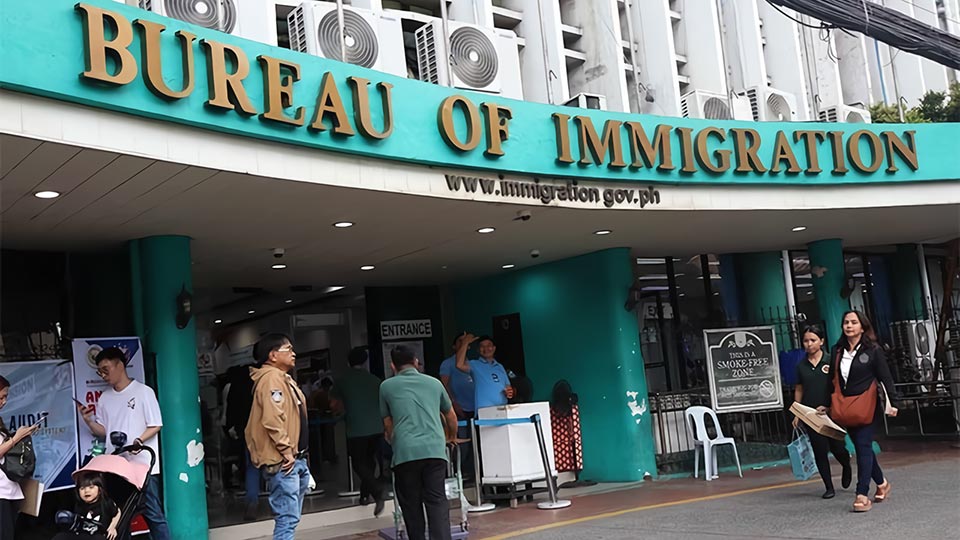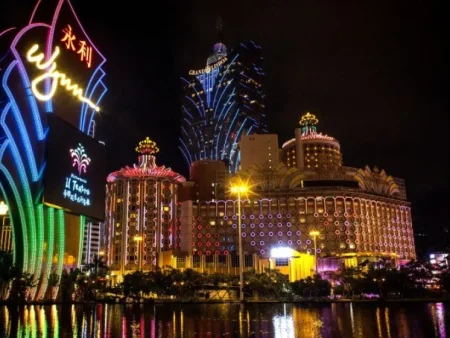
The Philippines has intensified efforts to deport POGO foreigners amid growing concerns over national security, illegal employment, and human rights violations. This push comes despite significant logistical, diplomatic, and legal challenges that have delayed the removal of thousands of undocumented foreign workers connected to Philippine Offshore Gaming Operators (POGOs).
What started as a booming industry for economic development is now at the center of national and international controversy. As the government attempts to dismantle the remnants of a now-discredited sector, the future of thousands of foreign nationals hangs in uncertainty.
A Brief History of POGOs in the Philippines
Rise of the POGO Industry
Philippine Offshore Gaming Operators, commonly referred to as POGOs, emerged as a lucrative sector over the past decade, attracting billions in foreign investment and creating jobs for thousands of locals and foreign workers—especially from China.
Initially embraced for their economic potential, POGOs were granted legal status under strict licensing regulations. However, as the industry expanded, so did allegations of illegal gambling, tax evasion, cyber fraud, and organized crime. These activities sparked backlash from both the public and lawmakers.
Why the Philippines is Deporting POGO Foreigners
1. National Security Concerns
Top security officials, including those from the Presidential Anti-Organized Crime Commission (PAOCC), have linked POGO operations to serious crimes such as espionage, money laundering, cybercrime, and human trafficking. Representative Robert Ace Barbers recently expressed grave concern:
“They’re moving freely among us. Action must be swift and decisive.”
2. Immigration Violations
Many foreign nationals tied to POGOs overstayed their visas or worked without proper documentation. Immigration authorities revealed that over 10,000 foreign workers, mostly Chinese, are still in the country unlawfully. With many lacking valid passports or identification, deportation has become a complex task.
3. Public Safety and Social Impact
Rising crimes in communities hosting POGO hubs have increased public pressure on the government. Several criminal syndicates operating under the guise of gaming firms have been busted for kidnapping, illegal detention, and extortion.
4. Economic and Employment Pressures
Critics argue that POGOs diverted jobs from Filipinos, creating resentment. Despite contributing taxes and rent revenues, the overall societal cost has reportedly outweighed economic benefits.
Current Deportation Efforts and Challenges

Bureau of Immigration Crackdown
The Bureau of Immigration (BI), under Commissioner Norman Tansingco, has carried out multiple operations against foreign workers tied to POGOs.
“Our priority is to ensure that all foreign workers comply with existing laws. Those found violating these rules will be sent back to their home countries,” Tansingco emphasized.
However, logistical setbacks have hampered success. The lack of identification documents and slow embassy cooperation have created bottlenecks in the deportation process.
Detention Facility Crisis in Pasay
A former POGO hub in Pasay City has been converted into a makeshift detention center, currently housing over 640 detainees. Conditions are reportedly dire, with limited food, inadequate medical care, and rising illness rates. Two detainees have already died, and over 300 are reported sick.
According to PAOCC Chief Gilbert Cruz:
“We are struggling to feed and medicate detainees. We’ve suspended more raids for now to avoid overcrowding.”
Lack of Embassy Cooperation
Efforts to secure travel documents for deportees have stalled. Coordination with foreign embassies, particularly China’s, has been described as “slow and unproductive”, leading to prolonged detentions and further administrative delays.
Some experts suggest issuing temporary travel documents to expedite deportation and ease pressure on detention centers. Others propose relocating detainees to provincial jails to reduce Metro Manila’s burden.
Visa Downgrade Mandate and Non-Compliance
In October 2024, President Ferdinand Marcos Jr. issued an executive directive for all foreign POGO workers to downgrade their work visas to tourist status by 2025. However, immigration officers admit that there’s no centralized system to track compliance.
Many downgraded visas have now expired, meaning that the holders have become illegal residents subject to immediate deportation. This further complicates enforcement, as thousands are now effectively undocumented migrants.
Diplomatic Fallout and International Reactions
Cambodia Incident Raises Alarm
In February 2025, a diplomatic storm erupted when 10 Vietnamese nationals—previously detained POGO workers—escaped custody during a layover in Cambodia, prompting formal complaints from Hanoi over lack of coordination and negligence in monitoring.
This incident heightened fears that other foreign detainees might evade deportation or fall into human trafficking networks, leading to international criticism of the Philippines’ handling of the situation.
China and AML Watchdogs Express Concern
Governments including China have voiced strong disapproval of their nationals being involved in criminal POGO activities. The Anti-Money Laundering Council (AMLC) and various watchdog groups have similarly warned of the sector’s risk to financial systems.
Chester Cabalza, president of the International Development and Security Cooperation, stated:
“China should take responsibility for repatriating its nationals. Meanwhile, the Philippines must establish clear protocols to fast-track deportation without violating human rights.”
Impact on Foreign Workers
The ongoing Philippines deport POGO foreigners campaign has left thousands of foreign nationals in limbo. Many are living in fear—jobless, undocumented, and unsure whether they’ll be jailed or deported.
“We came here looking for work. Now, we’re treated like criminals,” said one anonymous Chinese worker.
“We don’t know what’s going to happen to us tomorrow.”
Human rights advocates stress that while law enforcement is necessary, the dignity and rights of foreign nationals must be protected. The risk of detention without trial, poor living conditions, and lack of due process remains a growing concern.
Expert Opinions and Policy Recommendations
Balance Needed Between Enforcement and Humanitarianism
Economist Dr. Maria Salazar urges a more balanced approach:
“Yes, the Philippines must uphold immigration laws. But mass deportations could also affect legitimate local businesses and relationships with foreign investors.”
She recommends that instead of sweeping crackdowns, the government should:
- Prioritize repatriation through diplomatic channels
- Allow legal appeals for foreign workers with valid contracts
- Offer voluntary exit programs with minimal penalties
- Provide temporary IDs for undocumented workers awaiting deportation
What Lies Ahead?
The Philippines deport POGO foreigners operation is expected to continue throughout 2025, but without significant reforms and international cooperation, the process may remain slow and chaotic.
Lawmakers are now calling for:
- A centralized tracking system for all foreign workers
- Inter-agency task forces for efficient deportation
- Clear timelines for embassy responses
- Enhanced human rights protections in detention facilities
Conclusion
Apacaff | The mission to deport POGO foreigners reflects the Philippine government’s struggle to regain control over a controversial industry once seen as an economic lifeline. With thousands still undocumented, weak coordination with foreign governments, and poor conditions in detention facilities, the situation demands urgent action.
Moving forward, a comprehensive, rights-based, and systematic approach is needed to resolve the POGO crisis while safeguarding both national interests and human dignity.
As the crackdown unfolds, all stakeholders—from government agencies to international embassies—must collaborate to ensure the Philippines upholds both the law and its moral responsibilities.












